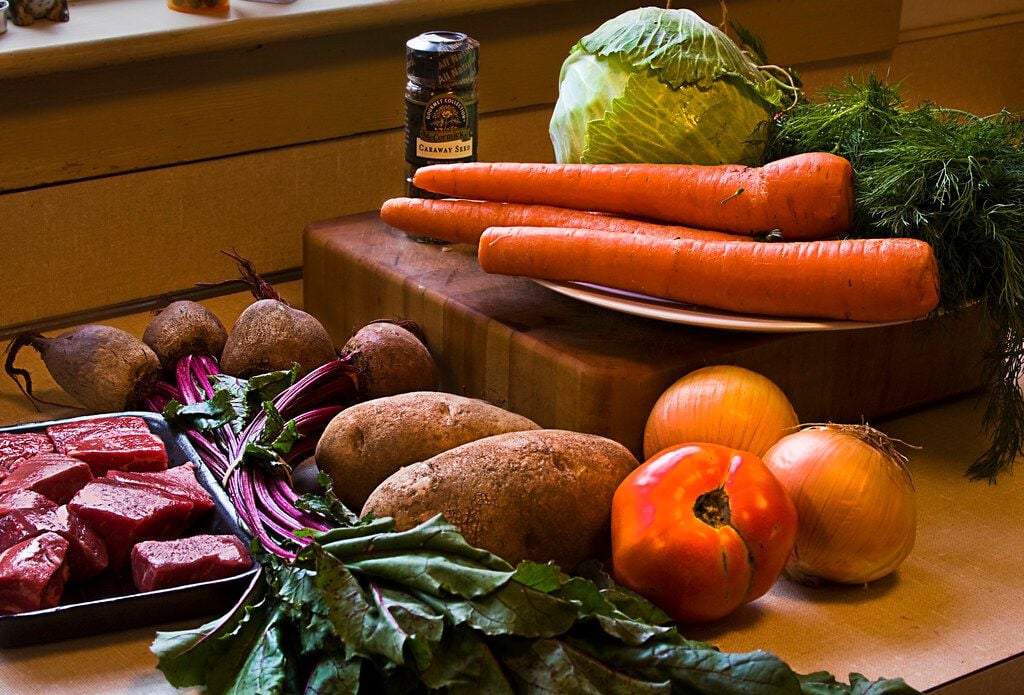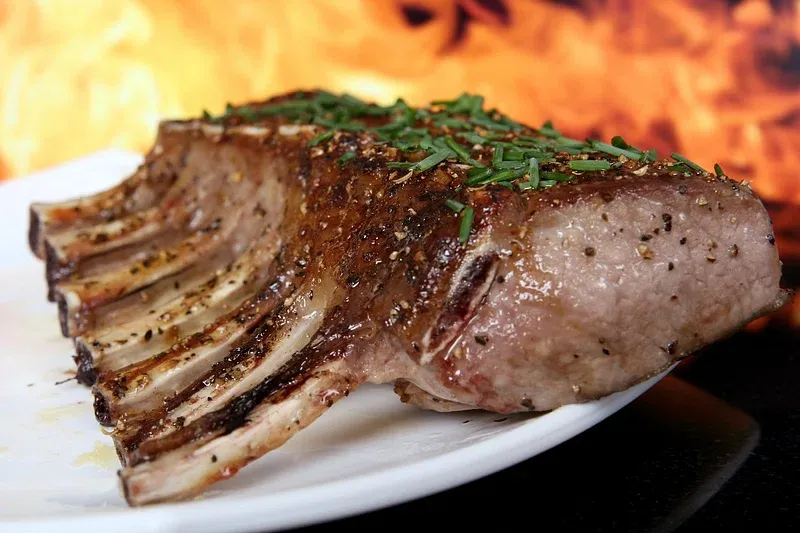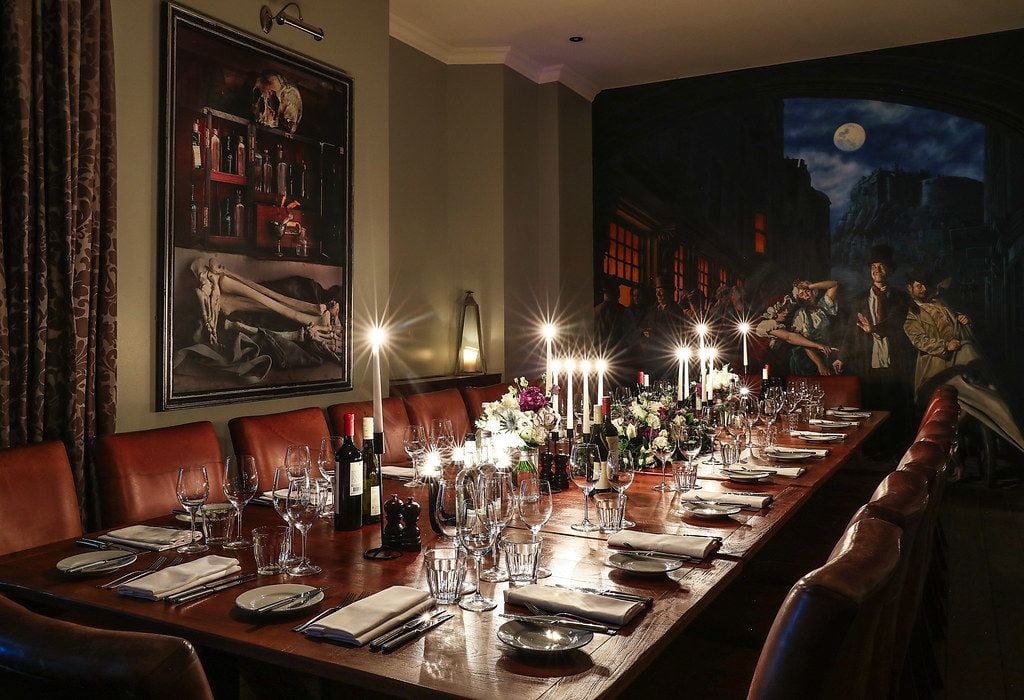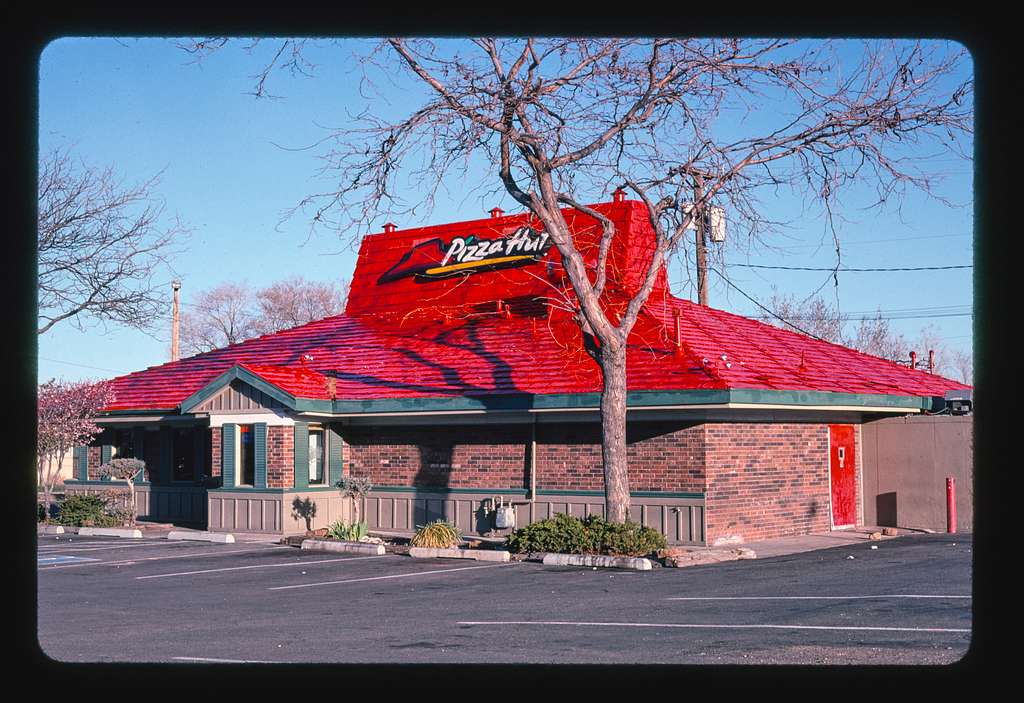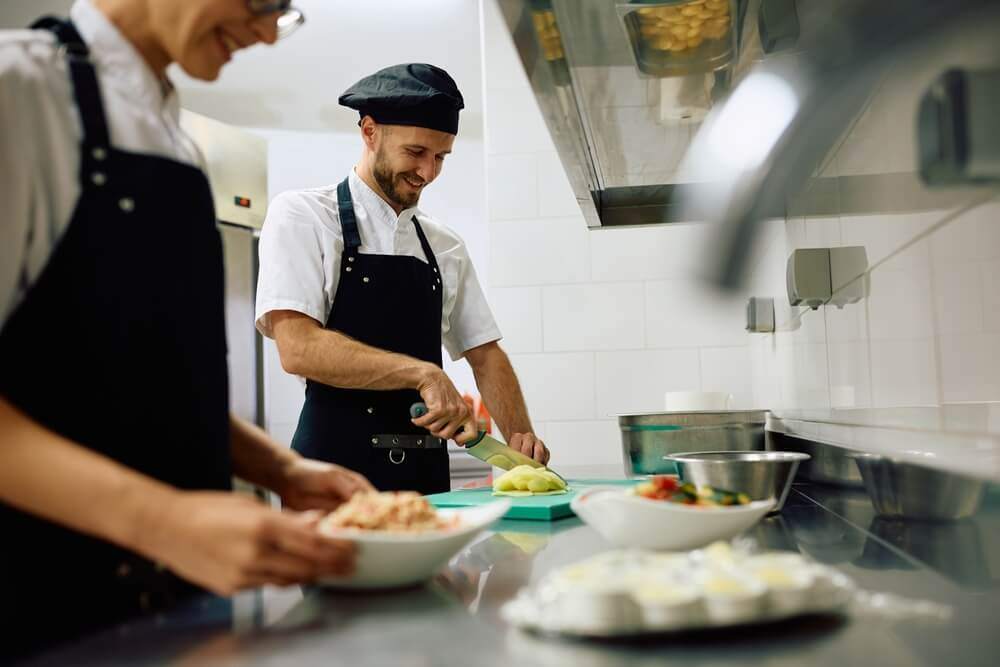
Soothing Sounds: Can Music Truly Enhance Wine Quality and Enjoyment?
- Jun 13, 2024
Is it possible that the lullabies of Johann Sebastian Bach or Johannes Brahms lovingly sung to wine barrels can affect the quality of their contents? While this may initially sound like the best kind of tall tale, recent findings suggest that consistent vibration may aid a wine's maturation process. Moreover, pairing wine with music could potentially alter and perhaps enhance our tasting experience.
These ideas come straight from the vineyards. In Puglia, Italy, vintner Pasquale Petrera has adopted what he calls 'music therapy' in his aging chamber. He tunes in to the sounds of bird song, wind, rustling leaves, and rain to optimize the oxygenation process within his wine casks. The resulting enhancements, he hopes, cultivate the elegance, freshness, and authenticity of his Primitivo wine. Skeptics aside, the fact that his winery, Fatalone, produces the country's best Primitivo suggests there may be some credence to his method.
In northern Italy, we find the Olivini family, proponents of serenading their grapes with classical tunes. Winemaker Juri Botti hopes to achieve complexity and elegance in his white wines by creating gentle vibrations, especially during the aging process of his sparkling wines. “When sound waves move through air, water, or earth, the vibrations affect how those molecules behave. We believe stimulating the yeast particles has a positive effect,” he notes.
In Chile’s Colchagua valley, Montes winery uses now twenty-year tradition of Gregorian chanting to stimulate wine development. The cellar, designed by Aurelio Montes, is constructed in a half-circle to enhance the music's resonance.
Over in Tuscany, Carlo Cignozzi at Paradiso di Frassina, has introduced ‘vine sonication’. An impressive array of speakers has been distributed across his vineyard to shower the plants with Mozart’s music – favored due to its lower frequencies that travel further and are believed to have restorative properties.
The influence of music may stretch beyond the barrel, the fermenting vats, and vineyard. Dr. Adrian C. North of Heriot Watt University argues that background music can affect our sensory judgement of wine. In his study, he found that heavy music resulted in stronger perception of weightiness while tasting a white wine experienced in silence.
The commercial advantages of this sensory manipulation, too, have been studied. In one supermarket experiment, French music led to a surge in French wine sales. Similarly, classical music raised the average bottle price versus popular chart music. Master of Wine, Susan R. Lin in her thesis, proposed that sound's influence on sensory perception makes room for music to create a favorable impact on the drinker.
While the wine world continues to delve into its complexities, the potential of music in winemaking and tasting experience adds another fascinating dimension for exploration. Mark Oldman's seminar, "Pitch Perfect: How Music Enhances Great Wine," at the 2024 Food & Wine Classic in Aspen is sure to further shed light on this intriguing topic.


